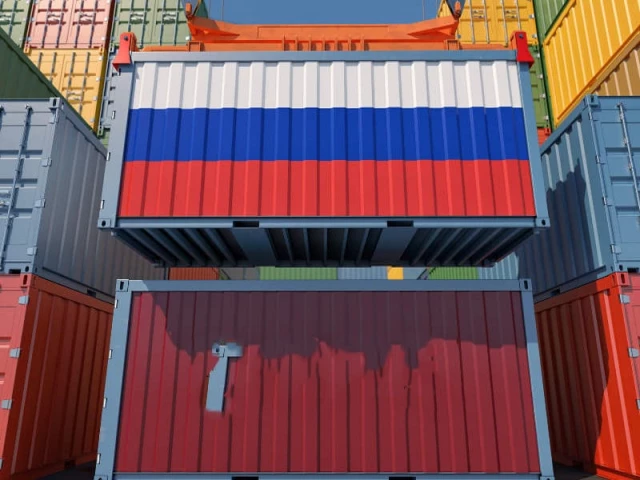Russia revives barter trade to dodge sanctions
Companies swap wheat for cars, flax seeds for building materials

Old-fashioned barter is on the rise in Russia's foreign trade for the first time since the 1990s, as companies seeking to outfox Western sanctions swap wheat for Chinese cars and flax seeds for building materials.
Even as Russia builds warm ties with China and India, the return of barter shows just how far the war in Ukraine has distorted trading relationships for the world's biggest producer of natural resources, three decades after the 1991 collapse of the Soviet Union ushered in Russian economic integration with the West.
The United States, Europe and allies have imposed more than 25,000 different sanctions on Russia over the 2022 war in Ukraine and the 2014 annexation of Crimea in a bid to sink Russia's $2.2 trillion economy and undermine support for President Vladimir Putin.
Washington has also hit India with tariffs in response to New Delhi's oil trade with Russia. Putin says Russia's economy has outperformed expectations. It grew faster over the past two years than G7 countries, despite Western predictions of a crash. He has ordered businesses and officials to defy sanctions in every way they can.
However, there are signs of strain on the economy, which the central bank now shows to be technically in recession and which suffers high inflation. Some punitive measures – particularly the disconnection of Russian banks from the SWIFT payments system in 2022 and Washington's warnings to Chinese banks last year against supporting Russia's war effort – have stoked fears of secondary sanctions.
"Chinese banks are afraid of being placed on sanctions lists, under secondary sanctions, so they do not accept money from Russia," a source in the payment market told Reuters.
Those concerns appear to be behind the emergence of barter transactions, which are much harder to trace. In 2024, Russia's economy ministry issued a 14-page "Guide to Foreign Barter Transactions," advising businesses on how to use the method to skirt sanctions. It even proposed the creation of a trading platform that would work as a barter exchange.
"Foreign trade barter transactions allow the exchange of goods and services with foreign companies without the need for international transactions," the ministry document said, citing "conditions of sanctions restrictions."
Until recently, there was little evidence of commercial interest in such transactions. However, last month, Reuters reported that China's Hainan Longpan Oilfield Technology Co was seeking to trade steel and aluminium alloys in exchange for marine engines. The company did not respond to a request for comment.
While the news agency could not establish the overall value or volume of barter in the Russian economy due to the opacity of the transactions, three trade sources said the practice was becoming more frequent.
"The growth of barter is a symptom of de-dollarisation, sanctions pressure and liquidity problems among partners," Maxim Spassky, Secretary of the General Council of the Russian-Asian Union of Industrialists and Entrepreneurs, an industry body, said. Spassky said barter volumes were likely to grow further.




















COMMENTS
Comments are moderated and generally will be posted if they are on-topic and not abusive.
For more information, please see our Comments FAQ